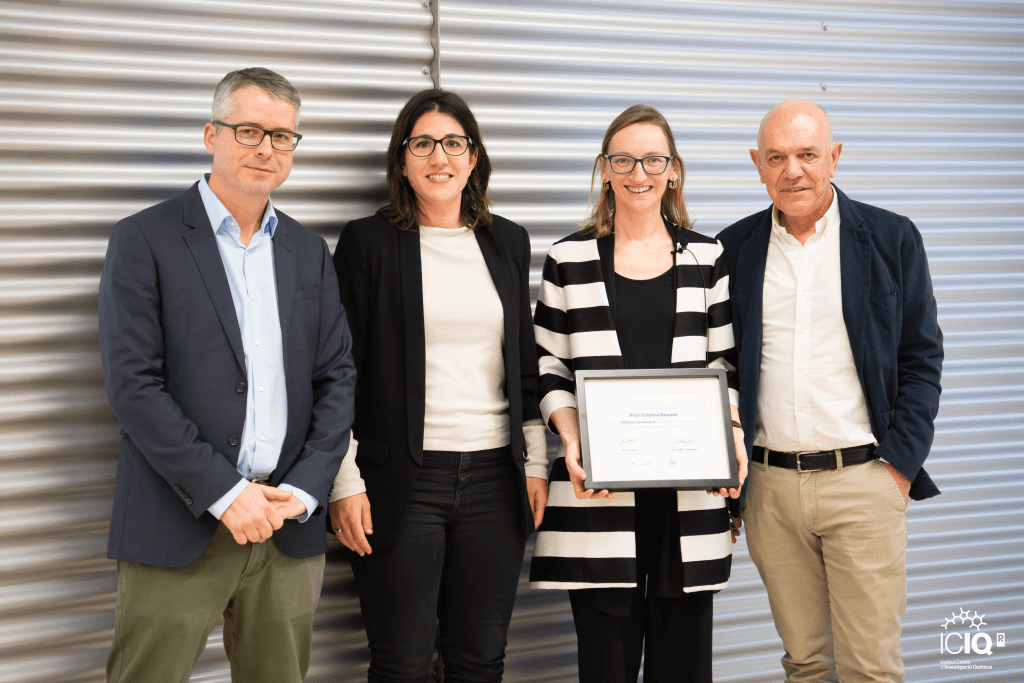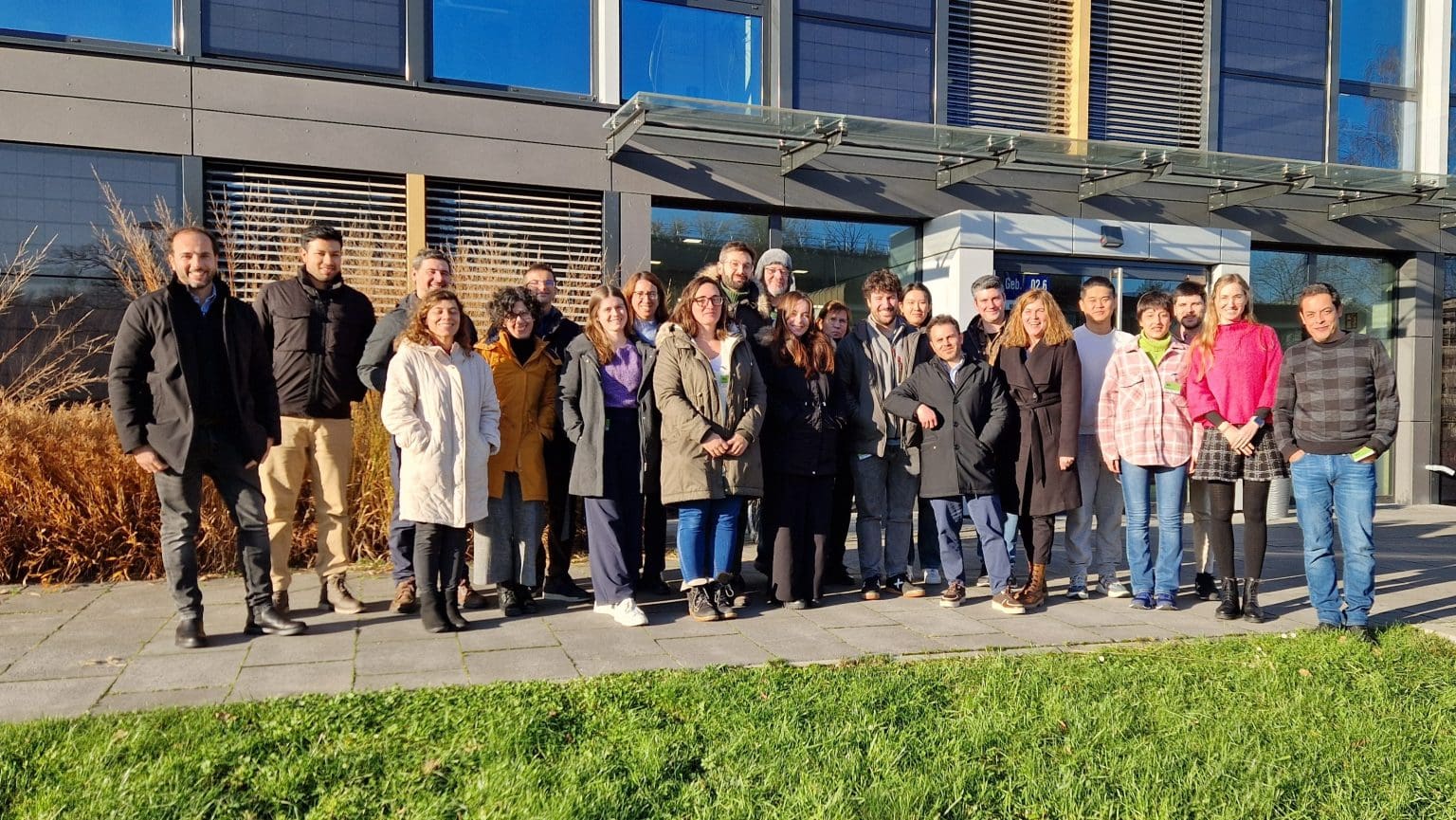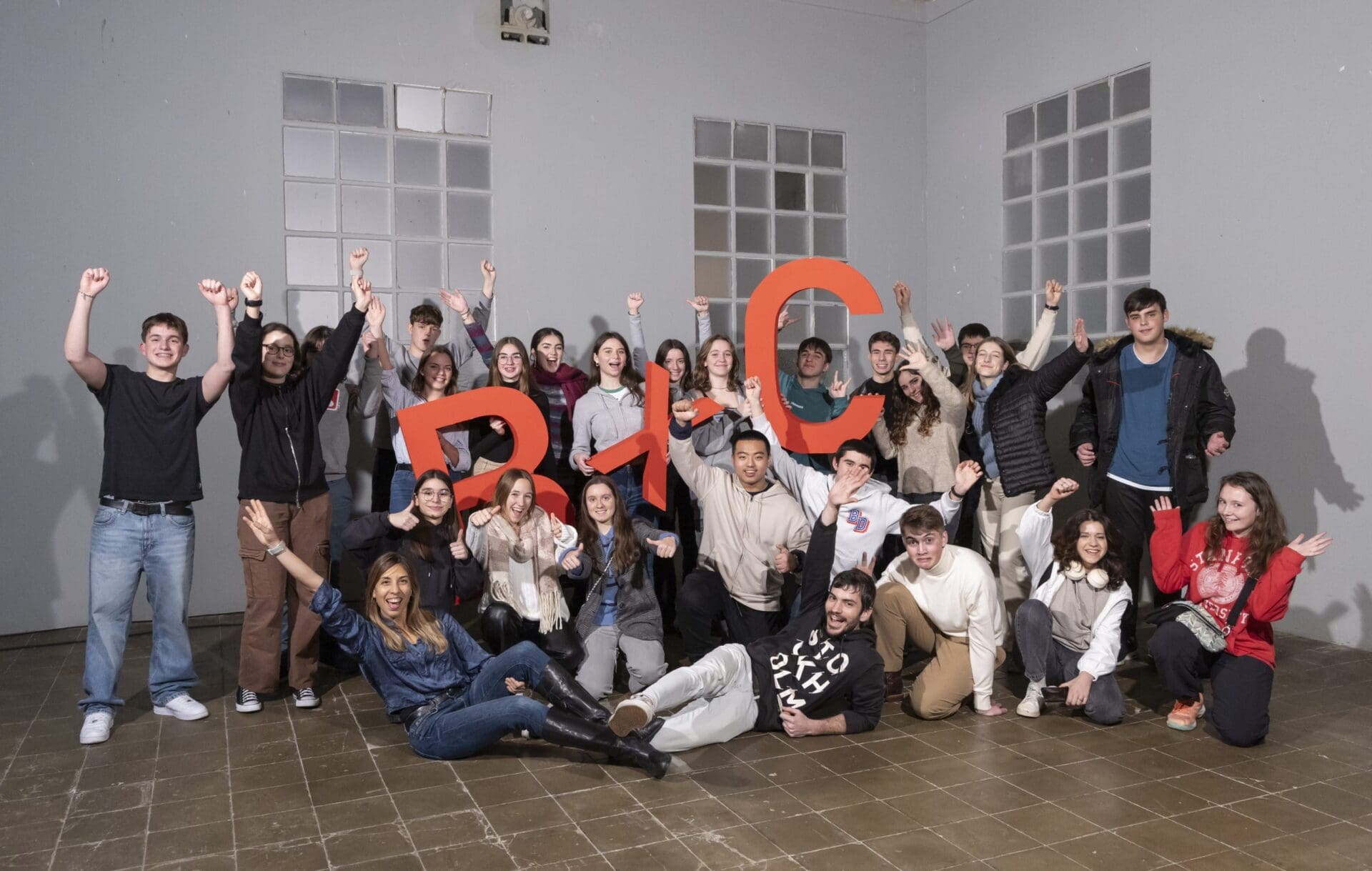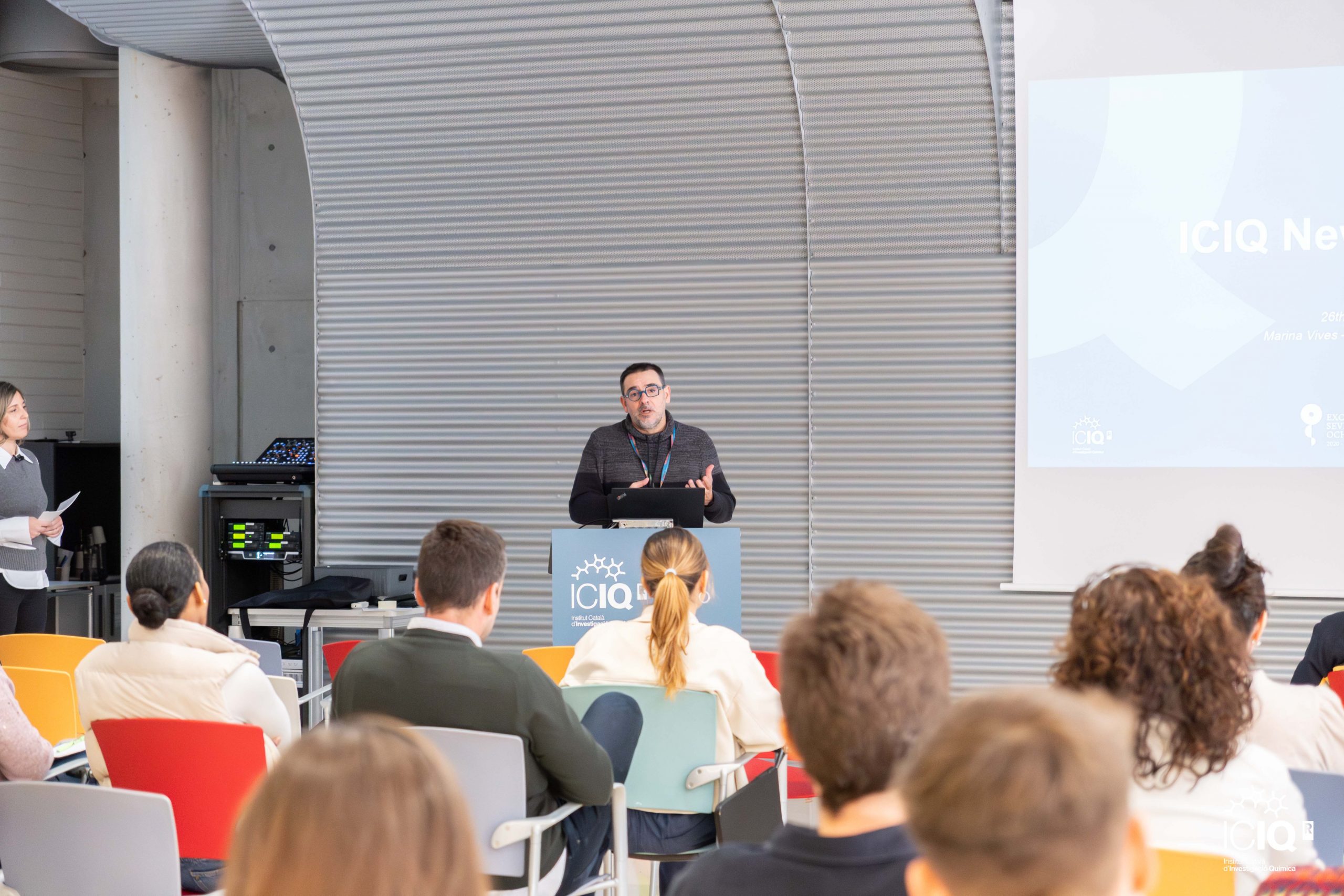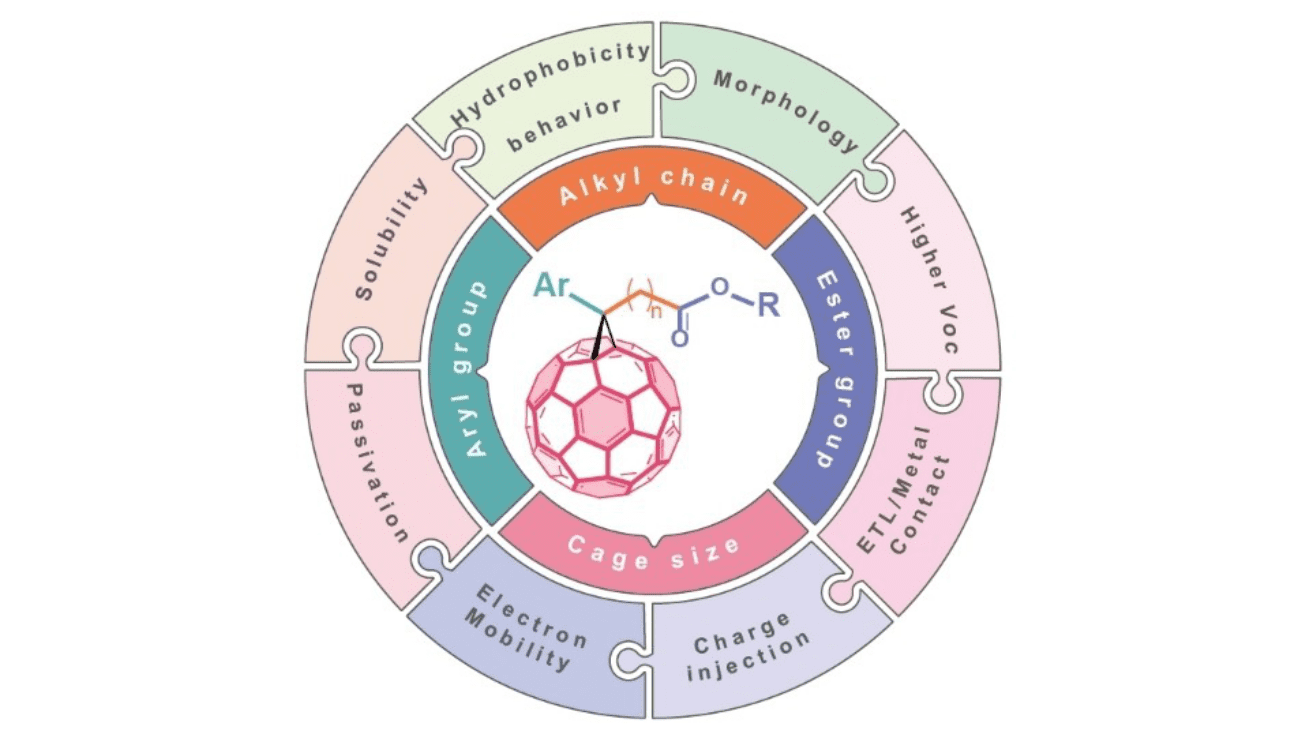New robust and effective molecular hybrid material for electrocatalytic water oxidation at neutral pH
The group of Prof. Antoni Llobet has published on the Advanced Materials journal the first example of a molecular water oxidation catalysts based on first row transition metal complex anchored on a conductive solid support, that maintains its molecular integrity after more than 11.000 TONs.
Investigating in solar fuels is vital as it offers a pathway to harness renewable energy from the sun to produce clean and sustainable fuel sources. The research in this field holds the potential to reduce our reliance on fossil fuels, mitigate environmental impact, and advance our journey toward a greener, more sustainable future.
“Using sunlight to split water holds great promise for the shift from fossil to solar fuels.” Quotes Prof. Antoni Lloret. His research group develops water oxidation catalysts inspired by nature’s structural motives and reactivity strategies. Highly performant and robust catalysts have been developed based on ruthenium (Ru) complexes. However, as Prof. Llobet explains, “given the scarcity of Ru in nature, to ensure sustainability we need to develop high-performance complexes based on abundant first-row transition metals which at present are basically inexistent except for a very few copper (Cu) complexes.”
The present work, developed in collaboration with an Italian team at Università di Bologna, reports the creation of a molecular hybrid material, based on a molecular Cu water oxidation catalyst anchored on graphitic electrodes. This hybrid material represents the most robust molecular water oxidation catalysts anchored on a conductive surface based on a first-row transition metal, that maintains its integrity and activity over more than 11,000 TONs, as demonstrated by several techniques. Furthermore, this hybrid material works under neutral pH as opposed to most water oxidation catalyst based on iron (Fe) or nickel (Ni) oxides that need to work under extremely basic pH. Moreover, the foot of the catalytic waves starts at approx. 1.07 V that represents a very low overpotential of only 250 mV.
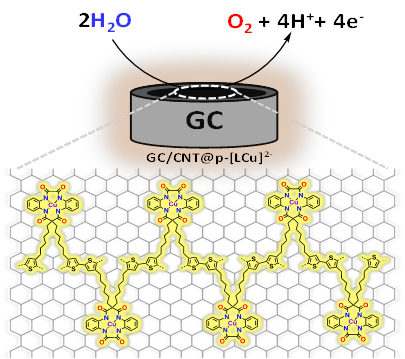
“This study opens the door to employing hybrid materials as catalysts in electrochemical and photoelectrochemical water-splitting devices. This breakthrough extends to the field of solar fuels and more broadly to applications in converting solar energy into chemical products” declares Dr. Carlos Garcia Bellido, one of the authors of the paper and postdoctoral researcher at Prof. Llobet’s group.
This project has received funding from the European Union’s Horizon 2020 research and innovation program under grant agreement No 101006839 (CONDOR).
Related news

Let's create a brighter future
Join our team to work with renowned researchers, tackle groundbreaking
projects and contribute to meaningful scientific advancements






 11-12-2024
11-12-2024 
